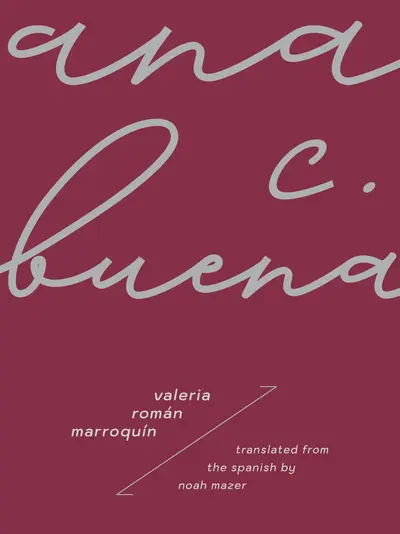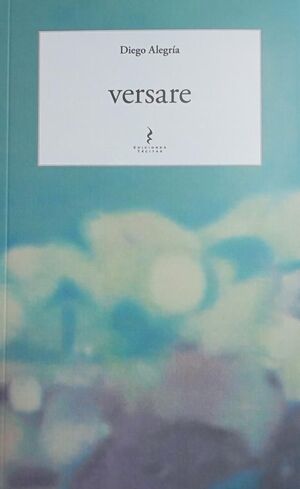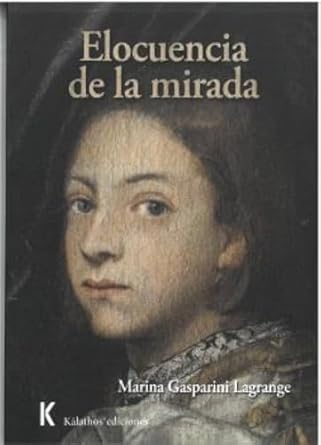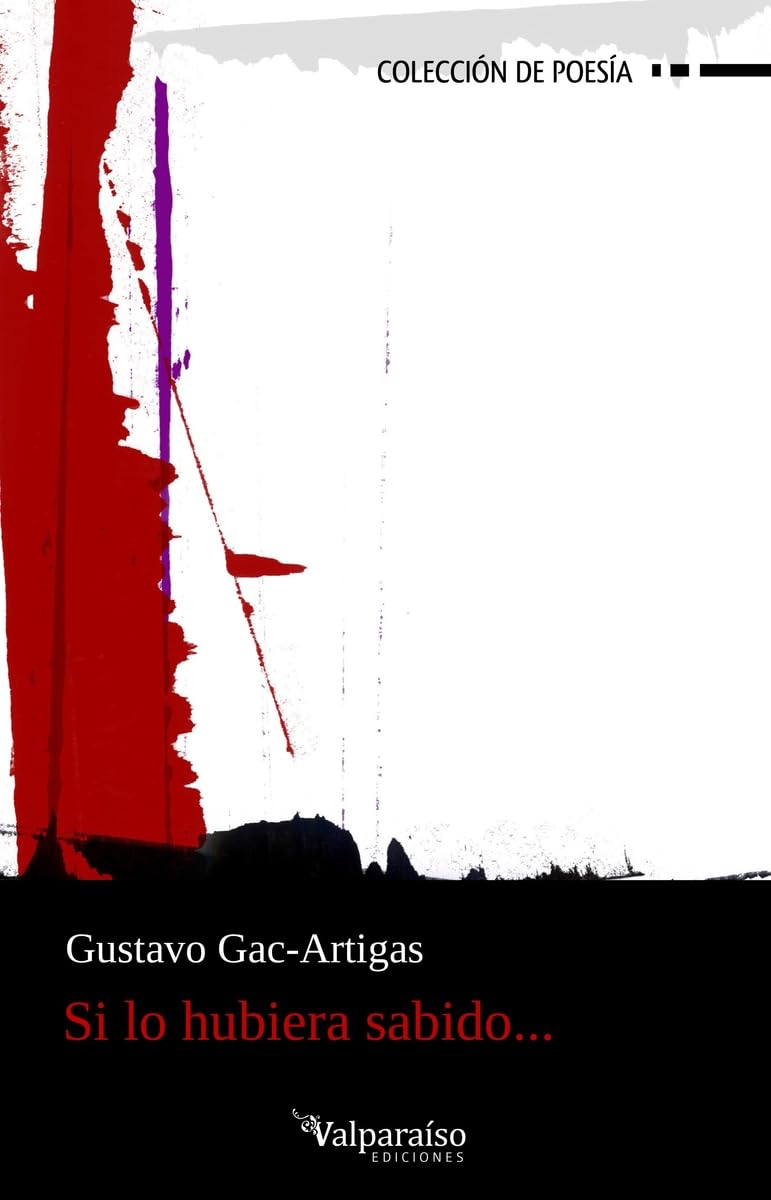Desalojo de la naturaleza. Juan Arabia. Buenos Aires: Buenos Aires Poetry. 2018.
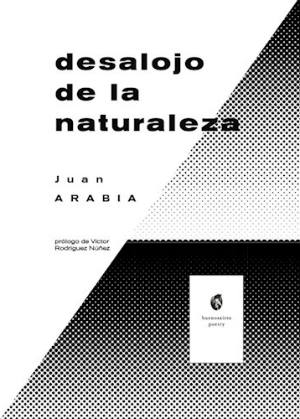 Every verse collection begins with a text that serves not only as the beginning of the volume we hold in our hands but also as the exposition of a poetics. The first line of the first poem, “Juicio” [Judgment], already places us on a poetic limit that separates the space of the city from the “more savage lands,” that which is articulated through violence, and excess. And so, distance as a presence is diseminated in the tone of the poems ever more powerfully as their lines go by.
Every verse collection begins with a text that serves not only as the beginning of the volume we hold in our hands but also as the exposition of a poetics. The first line of the first poem, “Juicio” [Judgment], already places us on a poetic limit that separates the space of the city from the “more savage lands,” that which is articulated through violence, and excess. And so, distance as a presence is diseminated in the tone of the poems ever more powerfully as their lines go by.
Among the subjects that make up the framework of the book, the one that strikes me as central is the relationship between escape and movement, which make up the beginnings of its inquiry into calm and stillness. The escape from the city, in this series of poems, is always presented as something associated with dirtiness, with distress. This is why looking toward the natural environment and escaping toward another territory, that of intimacy, should be a way of shifting the experience of the city in a different direction.
But these territories are also spaces of writing, especially those that are associated with other poets, Arthur Rimbaud or Ezra Pound, Charleville-Mézières or Edinburgh. There is always a place to flee to, since it is from his own city that the poet escapes. Like two distinct forms of visualizing, the poems cover, with a certain nostalgia ,the cities that are not there, a nostalgia for distance that takes shape in the memory of the journey and its shadows.
In this journey that Juan Arabia proposes to us, the poetic word is associated with another space that keeps its distance from the modern city, our city, dirty and hostile. The “unreal city” of T.S. Eliot is transformed, in Arabia’s book, into the city of others, the unbelonging of this urban space that is our lot and, from that point, the vision that pauses over the immediate objects in the traveler’s experience.
Going places or traveling implies a movement that always puts itself forward as a search. Since, if we consider escape, it comes along with the search for a space in which the traveler must pause and observe the world that contains him. The traveler who does not pause to observe retains nothing for his word, only an experience of the indistinct. To pause at one point is to start undertaking a new journey toward other points.
In “El poeta que enterró sus mentiras” [The poet who buried his lies], there is an interruption of the path in Edinburgh, a still and minimal visual description that begins with a display window of Blackwell’s bookshop and timidly extends toward “loss,” a forgetting that allows for the recovery of only a minimal part of the poem: Rose Street and a group of young men getting drunk. “Ardennes” is similar, where the gaze passes and pauses in blows—from one verse to another—like a marked journey, especially through the presence of Rimbaud and other references. And so, to escape is to search in the landscape for the readings of the poetic “I” and to recover a particular and unarticulated experience of the world.
The poem “Cabaret Vert” is also the voice of the poet in pause. A composition of place and atmosphere that recovers an instant and discovers it in the word.
Desgastando mis suelas, ocho días
en malas carreteras, llegué a Charleroi.
pan y manteca, en el Cabaret Verde,
y el jamón medio frío
[Wearing away at my soles, eight days
on bad highways, I reached Charleroi..
bread and butter, in the Cabaret Verde,
and half-cold ham]
As much in the pause, and the description of place as in the poet’s search itself, he presents an escape toward the territory of slowness, where things are immobile at the moment the poem recovers, where words once again save the poet’s patience before the corrosive and furious multitude of the modern city. The wild becomes night and rain and landscape.
Urban space can also be the spcae that is recomposed in literature and through literature, like a sort of summoning that intersects the poem’s quietism, because if there is movement it is the movement produced by reading, it is the movement composed of the echo heard in “Una temporada en Oxford Street” [A season on Oxford Street] with Rimbaud, with Verlaine, but above all with The Waste Land:
Partieron las ninfas,
los halcones de King Cross.
Desde la rutina de Oxford Street
hasta los caminos abiertos.
[The nymphs departed,
the falcons of King’s Cross.
From the routine of Oxford Street
to the open roads.]
The description of a new stop on this journey of escape only to begin another through these “open roads.” Always open to the excess of experience and the limits of the poem.
Another echo, like a series of mirrored relationships, is presented to us throughout the book: the Thames as it is reflected in Eliot’s poem. It is this image that composes and is reflected in Juan Arabia’s text: the image of cadavers floating in the river, “under the sun of Puerto Madero.” Cadavers that inhabit the city like a sort of wind that expells us from this closed city.
But there is something more. We can read this book as a series of homages to a series of readings that are proposed to us as reminiscences of “evictions,” as a way of thinking of poetics as that flat space that halts the blow of the bloody modernity in which we are fated to live. Reading is an activity of silence and stillness. That is why the city is no longer the territory of the modern in the most positive sense of the word; it is rather the enclosure of the neutral and indifferent. in Desalojo de la naturaleza [Eviction of nature], Juan Arabia proposes a journey that interrogates and evidences the ill-being of our age in order to start searching for shelter in the area of resistance: the word and stillness, as clear oppositions to noise and the fleeting.
Lucas Margarit
Translated by Arthur Dixon

